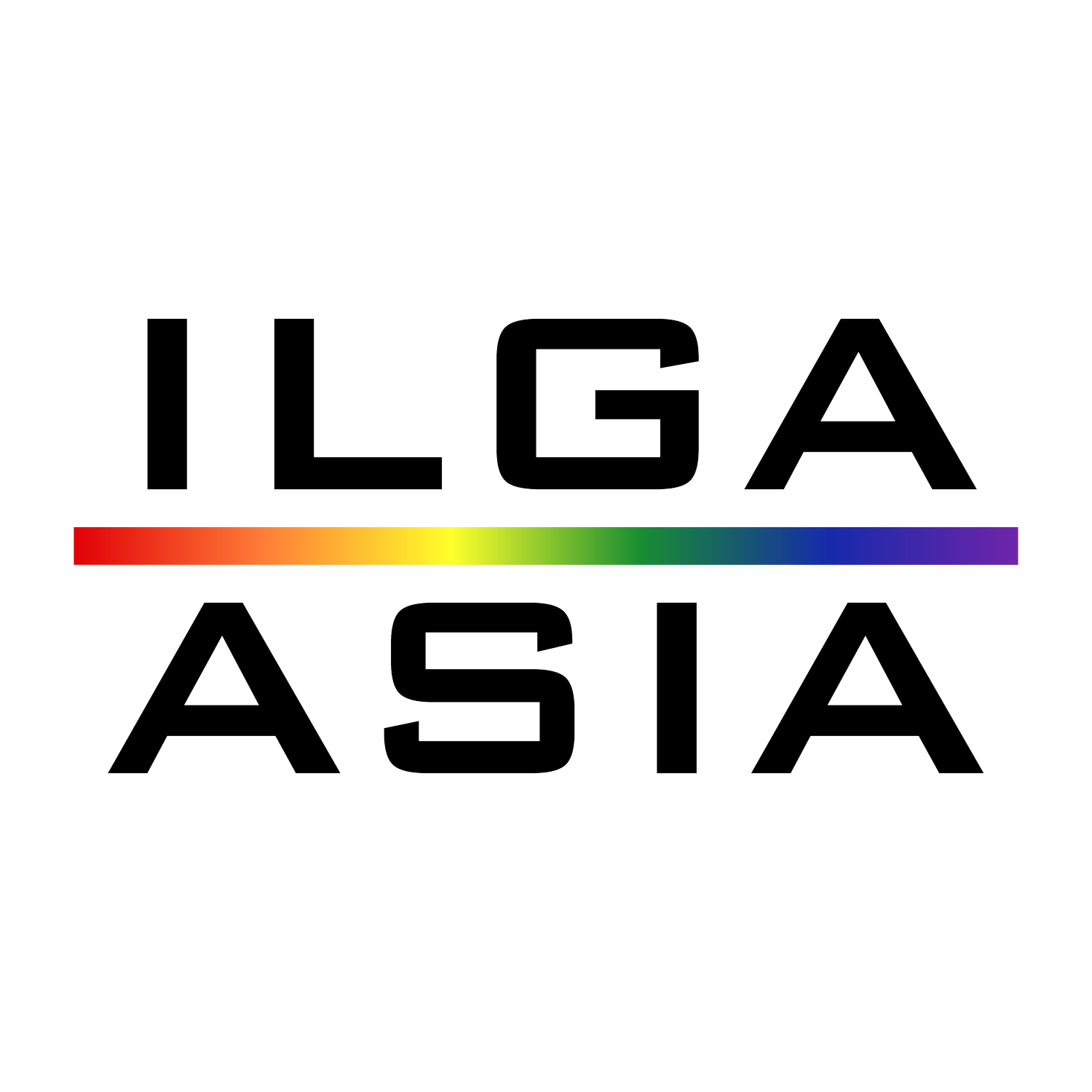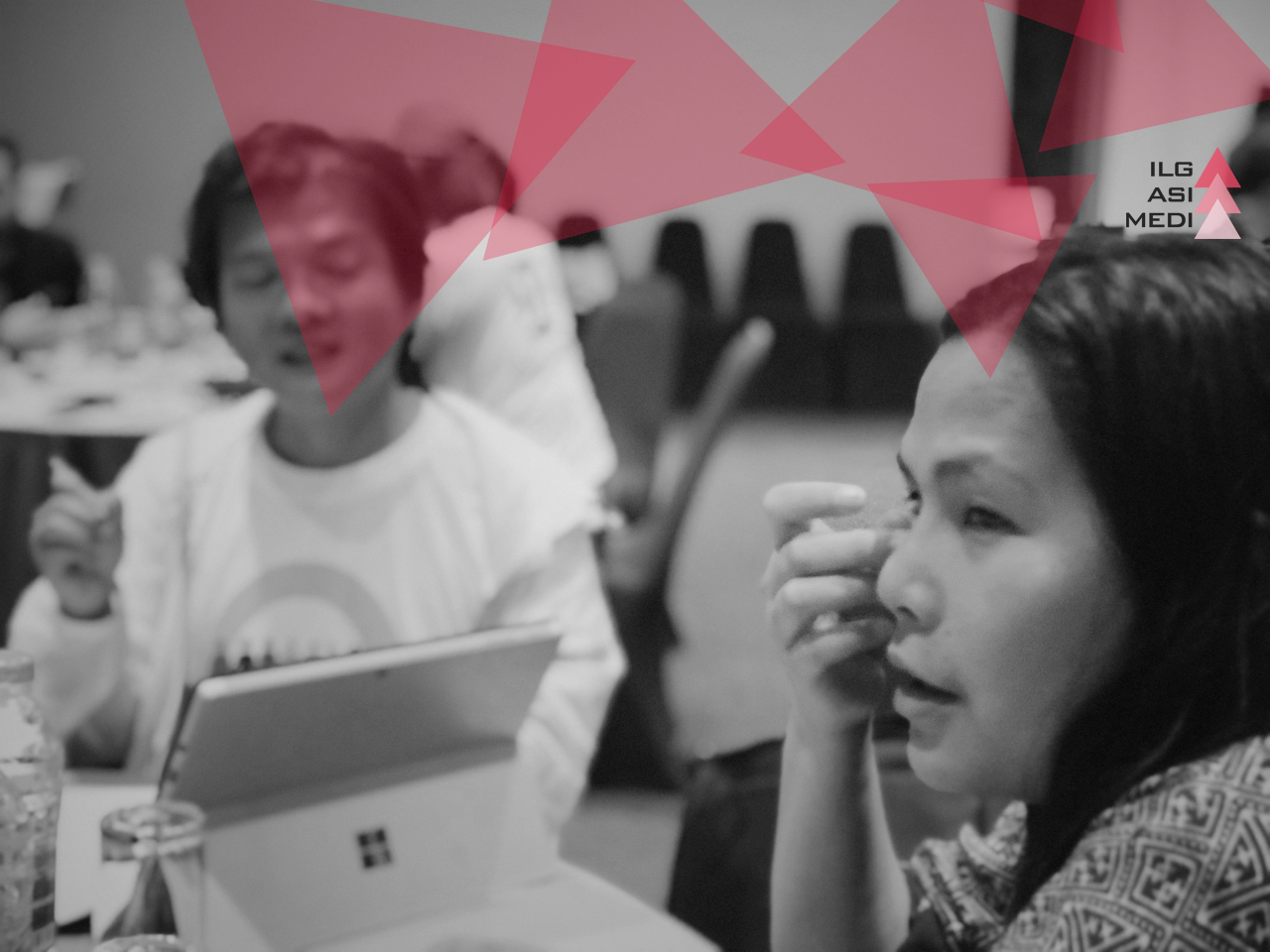Training on Human Rights Advocacy for LGBTI Community in East Asia
Introduction
ILGA Asia is organizing a training on human rights advocacy and UN mechanisms for LGBTI activists in East Asia from May 21-25, 2018 in Seoul, South Korea. The objectives of the training are:
1. To review the effective practices and the remaining challenges in lobbying and advocating for human rights of LGBTI people in East Asia countries;
2. To appreciate the value of human rights principles and UN mechanisms in supporting domestic advocacy;
3. To increase the understanding of key UN mechanisms (treaty-bodies, UPR, special procedures) and how they complement each other;
4. To share good practices in engaging UN mechanisms based on experiences of LGBTI activists in the East Asian region.
The training is ILGA Asia’s continuous efforts to strengthen capacity of the LGBTI community in Asia on the use of UN mechanisms to promote human rights and domestic advocacy in the past few years, notably through several trainings in Taipei 2015 and Phnom Penh 2017. December last year saw the first training targeting specifically LGBTI activists from South and Southeast Asia, and this year the first meeting for East Asian activists will take place.
Who can apply?
We are looking for the following participants to attend our training:
- Local LGBTI activists with basic understanding of human rights concepts and principles, and some exposure to UN mechanisms and its application;
- Countries and territories in East Asia, including activists coming from China, Japan, Mongolia, South Korea and Taiwan;
- Those who identify as LBQ women, trans or intersex are strongly encouraged to apply;
- Members of ILGA in East Asia are strongly encouraged to apply;
- Working knowledge of English is necessary to understand the workshops.
You can apply for scholarship to attend this training through this form by 23:59 ICT (GMT+7), April 15th, 2018 (https://www.surveymonkey.com/r/hrseoul2018). The scholarship will cover the cost of transportation between your country and Seoul, shared accommodation and meal allowance during your stay and visa to South Korea.
We will confirm the selection by April 23rd, 2018.
Should you have any question, please send an email to info@ilgaasia.org.
Background
LGBTI issues are not well covered in human rights mechanisms across Asia. Specifically, in regards to the Universal Periodic Review, the 2016 ILGA Report “Sexual Orientation, Gender Identity and Expression, and Sex Characteristics, at the Universal Periodic Review” revealed that, Asia had the second lowest number of states receiving SOGIESC recommendations, and the second lowest number of recommendations received per state under review. Moreover, there was no specific recommendation to member state on issues related to sex characteristics and intersex people.
In 2016, the Human Rights Council created a new mandate - the Independent Expert on violence and discrimination on the basis of sexual orientation and gender identity - the first institutionalized mechanism within the UN that will focus on the rights of LGBTIQ persons. The mandate holder’s role is to assess implementation of existing international human rights instruments, identify good practices and gaps, and to engage in dialogue with various stakeholders in improving the human rights situations of LGBTIQ people. The mandate creates yet another opportunity for the LGBTI community in Asia to engage with UN mechanisms to protect and promote their rights.
These tools have been existing for at least a decade now, as in the case for the UPR, and their use has been gradually increasing within the LGBTI community and those allies who support LGBTI rights. Despite that, they are still inaccessible to many LGBTI human rights defenders in Asia due to lack of resources and information in native language. The size and diversity of LGBTI communities in Asia with different cultural, social-economical background and political structure also makes it challenging to have a one-fit-all model to be useful for everyone to learn about human rights mechanisms.
These years have allowed experts and human rights defenders to draw some effective practices in using these mechanisms to promote the human rights of LGBTI people in the countries. Knowledge of the tools and how to use them effectively will help LGBTI activists, especially the LBQ women, trans men and intersex people, echo their voice at the international level and influence their government to fulfill their commitment with their citizens and the international community. The knowledge will also help them apply human rights based approach to their program, ensuring that other rights of an LGBTI person are not being overlooked and compromised while promoting certain rights. Participation from LGBTI activists will help to raise the bar and increase the participation of Asia in documenting violations and implementing human rights obligations.
FAQ
1. May I know what is the full cost if I do not apply scholarship? And also, what is the scholarship amount if I apply?
The scholarship will directly cover the cost of transportation between your country and Seoul, shared accommodation and meal allowance during your stay and visa to South Korea. We will arrange your flight and book your hotel. Whichever fees you have to pay first (visa, transportation), we will reimburse you upon receiving the receipt. If you come by yourself, you don’t have to pay anything to us, but you will need to cover all the costs all by yourself. However, to maximize interaction, we still need to cap the number at 25-30 people only.
2. I cannot find the registration form.
Here it is https://www.surveymonkey.com/r/hrseoul2018
3. I'm not from East Asia. Can I still apply?
This training is only open to those from China, Japan, Korea, Mongolia and Taiwan. Other areas will have their own training later this year. Please wait for our next announcements.
4. I am not from East Asia, but I'm based in Seoul. Can I join the training?
Please apply if you are working for a Korean LGBTI organization.



